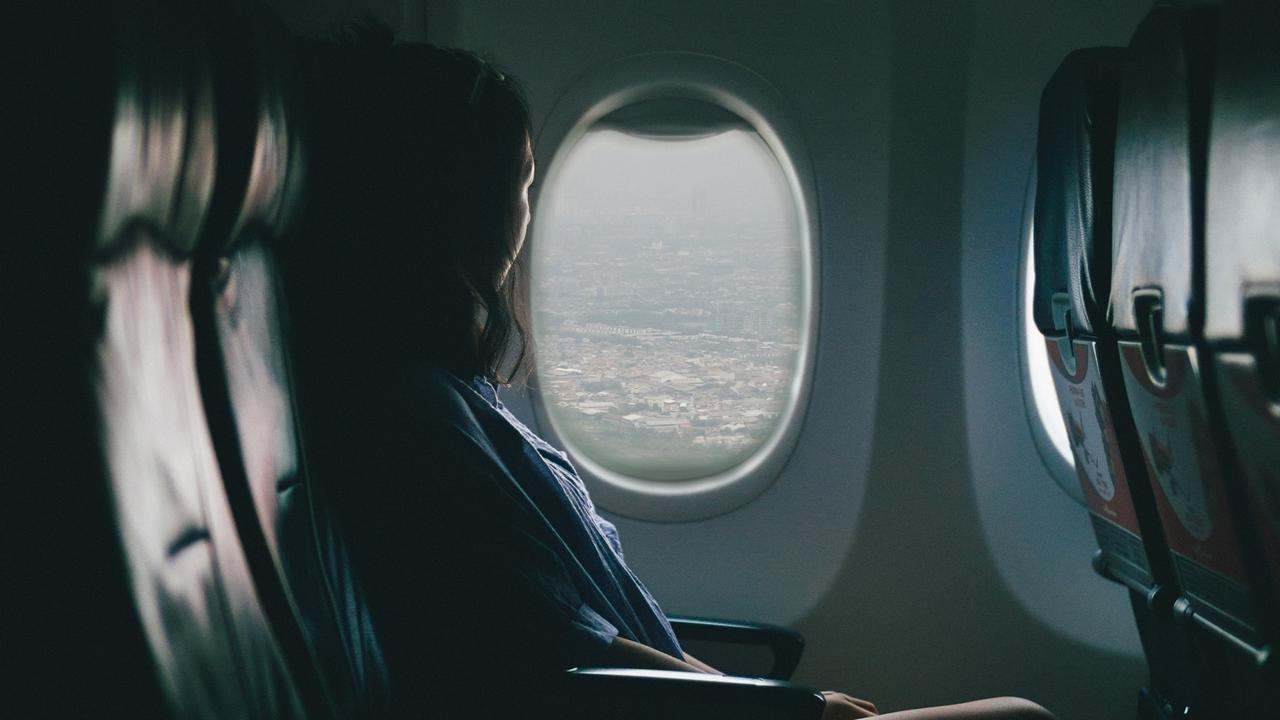More women than men feel unsafe on business trips

Photo: Unsplash
Travelling for work as a woman is less safe than travelling as a man, according to 71 per cent of female respondents in a recent global survey of business travellers.
The survey, commissioned by World Travel Protection ahead of International Women’s Day on 8 March, included 2,000 business travellers in the UK, US, Australia and Canada and found that women are more likely to take measures to protect their safety during a business trip than men.
Close to one in three (31 per cent) said they do not travel or go out on their own at night, compared to 18 per cent of men, and almost half (46 per cent) always stay in close touch with family and friends so their whereabouts are known, compared to 36 per cent of men.
More than one in ten female business travellers (12 per cent) said they have experienced a negative incident, ranging from minor theft to assault, when travelling and almost one in five (19 per cent) feel their organisation should “act with women’s safety in mind”, such as ensuring flights don’t arrive late at night.
Interestingly, both men and women reported taking extra steps to protect their security during a hotel stay, like placing a chair or obstacle against the hotel door to deter a potential intruder (16 per cent of both men and women), and using room service so they don’t have to eat in a restaurant on their own (17 of both men and women).
One in five female business travellers (21 per cent) said they prefer to stay in hotels that make provision for solo women travellers and a similar proportion (19 per cent) wear a wedding ring (real or fake) to avoid unwanted attention.
Kate Fitzpatrick, regional security director, EMEA at World Travel Protection, said: “It’s important to note that, compared to men, women often have different safety considerations to think about when travelling for work.
“The risk will generally increase in countries with less equality. It’s essential, therefore, that women have a full understanding of the cultural norms in their destinations from what to wear to how they act, for example perhaps avoiding alcohol in public,” she added.
Fitzpatrick continued: “As well as safety considerations, women business travellers may face gender bias in some cultures where it’s not the norm to have women in senior roles.”
source: BTN Europe




